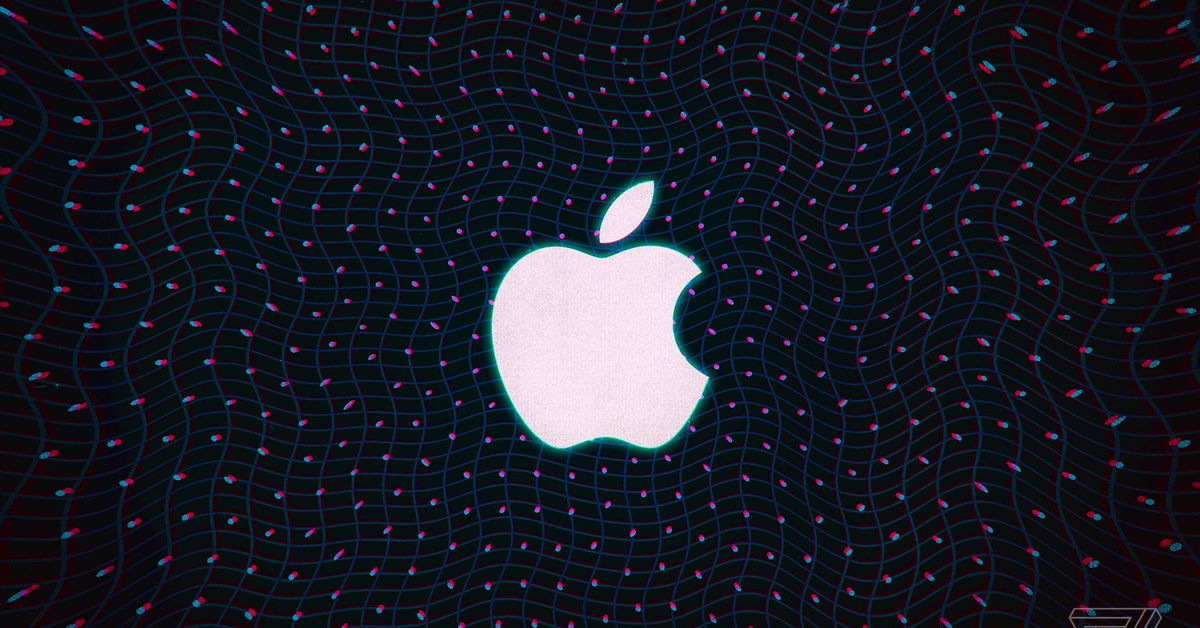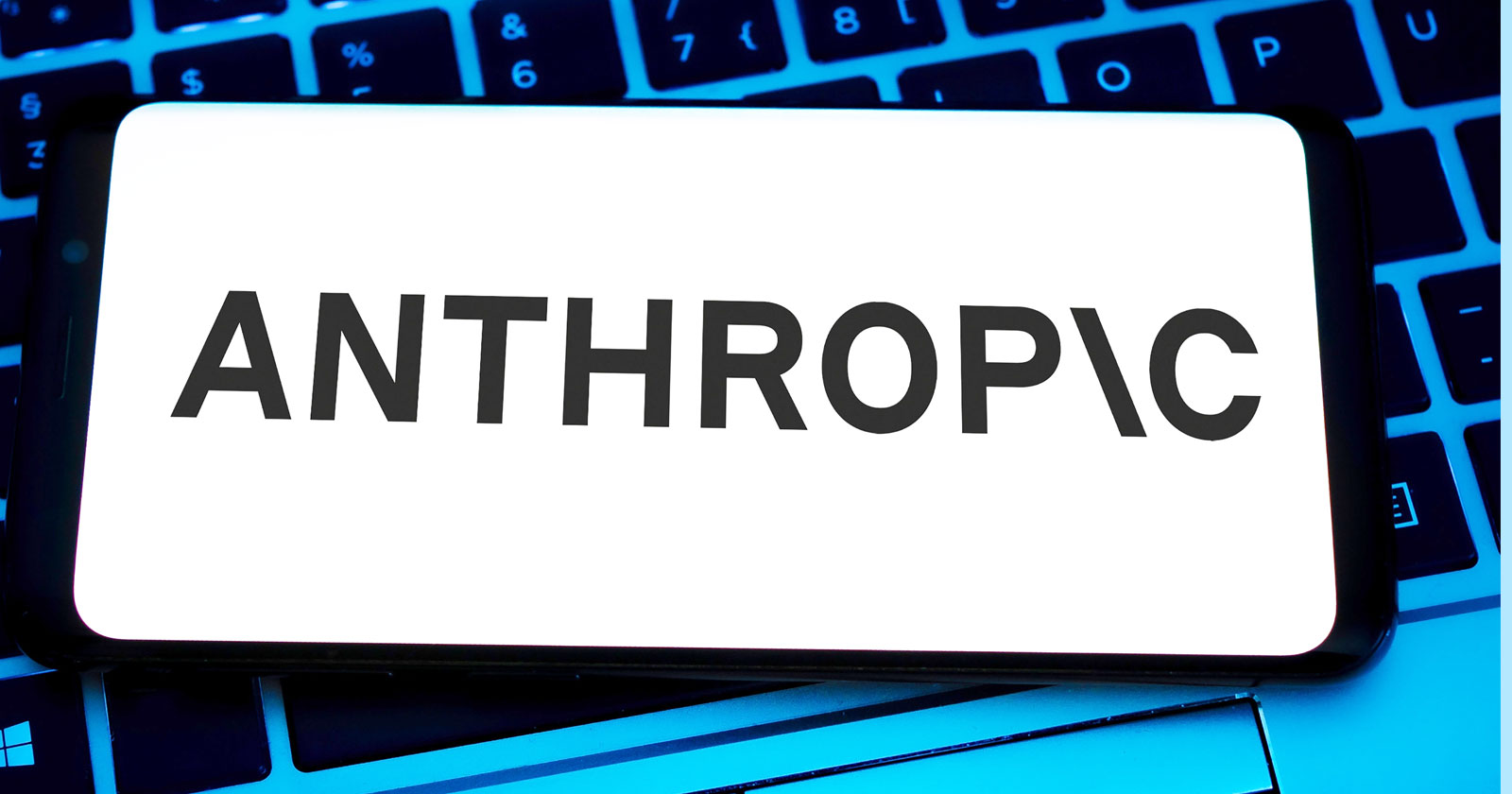Apple surpasses Microsoft as world's most valuable company after unveiling AI plans
Apple reclaimed the title of the world's largest company by market cap after an artificial intelligence-heavy conference sparked investor enthusiasm.

Apple CEO Tim Cook attends the annual developer conference event at the company's headquarters in Cupertino, California, U.S., June 10, 2024.
Carlos Barria | Reuters
Apple surpassed Microsoft on Wednesday to become the most valuable company in the world, after it announced its push into artificial intelligence during its developer conference keynote on Monday.
Apple had a market cap of $3.3 trillion as of about 10:45 a.m. ET, edging out Microsoft's market cap of $3.2 trillion. Investors, after digesting Apple's expansive plans for artificial intelligence across its family of devices, sent shares surging more than 7% to a record high on Tuesday.
That enthusiasm continued into Wednesday's trading session with shares rising about 4% to begin the trading day. Apple announced it would weave generative AI technology across its native apps and its latest devices, with features ranging from writing-assistance technology to generative AI-generated emoji.
Morgan Stanley, Evercore and Bank of America analysts said in notes to investors this week that Apple's new AI features, called Apple Intelligence, will drive users to buy new iPhones. "Restricting Apple Intelligence to iPhones sold within the last year adds to our conviction that AI can help kick off an iPhone super cycle," Evercore analysts wrote.
There's a battle for the top. Microsoft had surpassed Apple's market cap earlier this year. Earlier this month, Nvidia passed Apple and briefly became the second-most valuable public U.S. company.
Microsoft is also likely to be a beneficiary of Apple's A.I. ambitions. The iPhone maker announced that it would include OpenAI's large-language models as an available feature for its users, with other models to come over time. Microsoft is one of OpenAI's largest investors, and its Azure cloud services have seen recent growth fueled by the widespread adoption of OpenAI's models.


 JaneWalter
JaneWalter 
































